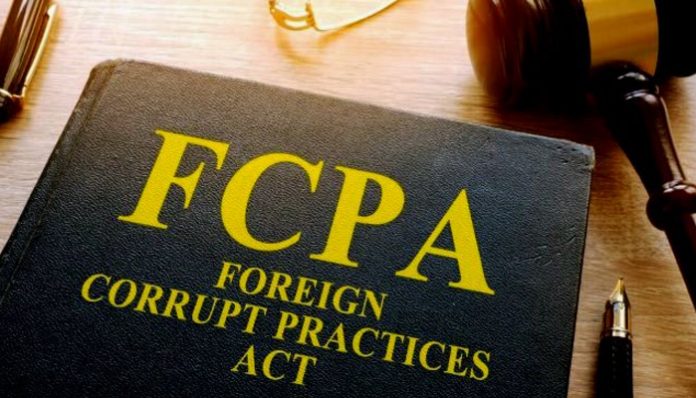The U.S. Department of Justice has officially announced the reactivation of the Foreign Corrupt Practices Act (FCPA) following a memorandum signed on June 9 by Deputy Attorney General Todd Blanche, titled “Guidelines for Investigations and Enforcement of the FCPA.”
This document is a response to the executive order signed on February 10 by President Donald Trump, which temporarily suspended the application of the regulation for 180 days to review international bribery investigation policies.
With the new guidelines, the enforcement of the FCPA moves past the pause established in February and is redefined under more focused parameters.
Key points of the new guidelines
1. Selective reactivation: investigations and sanctions for international bribery are resumed, albeit with a more strategic approach.
2. Priority cases: greater weight will be given to behaviors affecting the competitiveness of U.S. companies, national security, or those linked to cartels and transnational criminal organizations.
3. Individual responsibility: enforcement will focus on direct perpetrators of corrupt acts rather than on broad corporate structures.
4. Protection for honest companies: the aim is to prevent unnecessary regulatory burdens and processes that disproportionately harm U.S. companies complying with the law.
5. Increased hierarchical control: the opening of cases will require authorization from high-level officials in the Department of Justice, and not just from the specialized FCPA unit.
6. Additional focuses: special attention will be given to significant bribery payments, concealment, or fraud; and the potential to refer cases to foreign authorities when their impact in the U.S. is minimal.
From a broad approach to a selective one
Until now, the FCPA had been applied broadly and strictly, with a strong emphasis on companies and any form of bribery. With the new guidelines, the policy narrows and focuses on individuals and high-impact cases, in an effort to balance anti-corruption efforts with the protection of U.S. business competitiveness, according to the Trump administration’s guidelines.
Impact on Venezuela
The FCPA has played a central role in investigating corruption schemes linked to PDVSA, involving businessmen and ex-officials such as Naman Wakil, Franklin Durán, Raúl Gorrín, Alejandro Andrade, Claudia Díaz, Luis De León, N. Villalobos, César Rincón, and Rafael Reiter, among others.
The most recent case processed under this law was that of Telefónica in Venezuela, which resulted in an $85 million fine that the Spanish company had to pay following accusations of improper payments to Venezuelan officials to access preferential dollars.
Criticism of the new approach
Lawyers specializing in organized crime and U.S. anti-corruption NGOs have expressed criticism and concern over the changes to the FCPA enforcement policy. They argue that it favors corporate corruption and reduces the anti-corruption scope of the Department of Justice.
The main concern is that, appearing less focused on traditional corporate corruption and with fewer human resources (there has been a significant reduction in DOJ staff), the FCPA could lose its deterrent strength and the ability to represent a serious commitment against international corruption.
